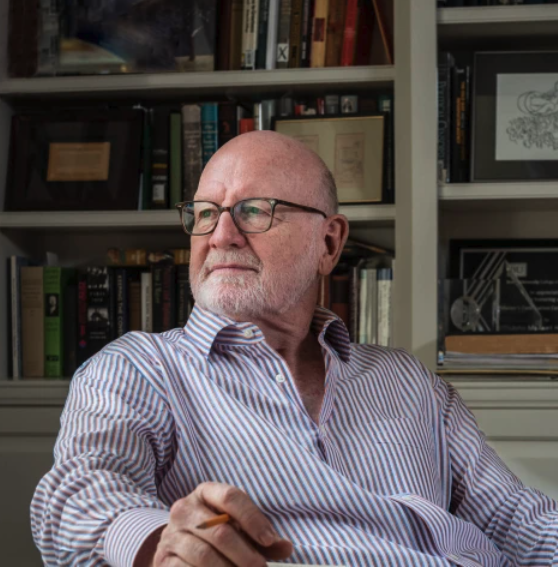By Jack Hamilton
It’s awkward to write an article like this. I cringe when reading Ernest Hemmingway’s writing about writing, which he did often and irritatingly. As in: “When I had to write it, then it would be the only thing to do and there would be no choice.”
I am an accidental professor. I acquired a doctorate (while I was a low-level political appointee in the State Department) to prepare to write a book. As far as other books go, one idea led to another. Sometimes the connection from one to the other was unexpected. I have just finished a short book on a cocktail, which to my surprise turned out to be the product of World War I propaganda, the subject of my previous book.
At heart I am a journalist. I like to ask questions. I once wrote a book about books – Casanova Was a Book Lover – because I wondered why certain books are stolen from libraries and others (such as poetry) are not.
For what it is worth, I will offer three thoughts on lessons I have acquired.
1. I have learned from working with co-authors. Some know a lot about theory, which I do not. Others have had specialties that help answer questions. I am thinking, for instance, of working with my LSU colleague Jinx Broussard on African-American foreign correspondents. One of my current collaborators, Heidi Tworek, has far ranging knowledge that enriches our collective work; she will be one of the giant media historians of her generation.
2. Related to this, I have acquired respect for quantitative methods. I am not well schooled, but co-authors like my friend Regina Lawrence are. I remember a comment from Jorge Luis Borges. He said, as I recall, that he sometimes considered which language was the best to tell one of his short stories, French, English, or Spanish. The same may be said of methods. Which one gets the best answer? Often it is both. Unfortunately, reviewers of scholarly publications often rule out methods that are not theirs. Quantitative scholars dislike qualitative research, and vice versa for historians. This is a loss to all fields.
3. Finally, I embrace the idea that Robert A. Caro articulated in the New Yorker. The title of his article tells it all, “Turn Every Page.” It is a joy to work in archives but also tempting to go too fast through papers. I remind myself to slow down and be patient. I take as many photos of documents as possible. I’ve had many insights, sitting in my study, by looking at a letter or diary entry for the third or fourth time. “I am constantly being asked why it takes me so long to finish my books,” Caro wrote. “Well, it is the research that takes time.”
I will close with a comment given by my agent years ago. I had received a very bad review. I called him.
“Well,” I said, “anyway, I had a lot of sales last week.”
Peter replied, “Forget it, keep writing.”
How comforting to know there are so many questions out there for us to answer.
John Maxwell Hamilton is the Hopkins P. Breazeale Foundation Professor in the Manship School of Mass Communication, Louisiana State University, and a Global Fellow at the Woodrow Wilson International Center for Scholars in Washington, D.C.

